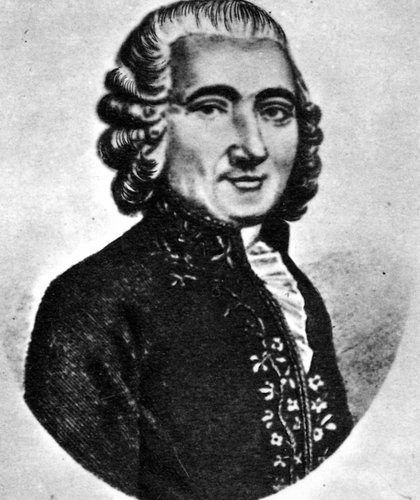
Luigi Boccherini
Composer and cellist Luigi Boccherini (1743–1805), a native of Lucca, was noted for his extraordinary musical talent early on. At the age of thirteen he was already studying with the chapel master of St Peter’s Basilica. He was practically still a child when he was already a concert performer and a composer, and he even founded a string quartet with Filippo Manfredi, a splendid violinist. The literature of the string quartet is particularly indebted to him: he composed 125 works in this form alone, more than his contemporary, Joseph Haydn, whom he admired and followed. On the recommendation of the Spanish ambassador to Paris, he was hired by the Madrid court in 1769. During his first term in Madrid, he wrote mostly string quartets and quintets. In the latter, he employed two cellos. Most of his cello concertos are early works, and he also wrote symphonies, though less than his Viennese contemporaries. Spanish culture came to be a great influence on his music, and the Italian composer became a great master of Spanish rococo. His contemporaries recalled him as a fine, sensible artist of a strong intuition, whose music was capable of “magicking its listeners to mysterious places, where unknown and mystical sounds awaited them.” For a time, he left Spain for a position in Prussia as court composer. Whilst in the employment of Frederick II, he could only compose for the king, which did not help him to make a career that would befit his talent, and earn an international fame. He spent the last decade of his life in Madrid, in ever growing poverty. His illness prevented him from performing; his meagre income came from the guitar arrangements he made of his own compositions. Particularly unpopular during the Romantic period, it was not until the 20th century that posterity came to appreciate his true worth.